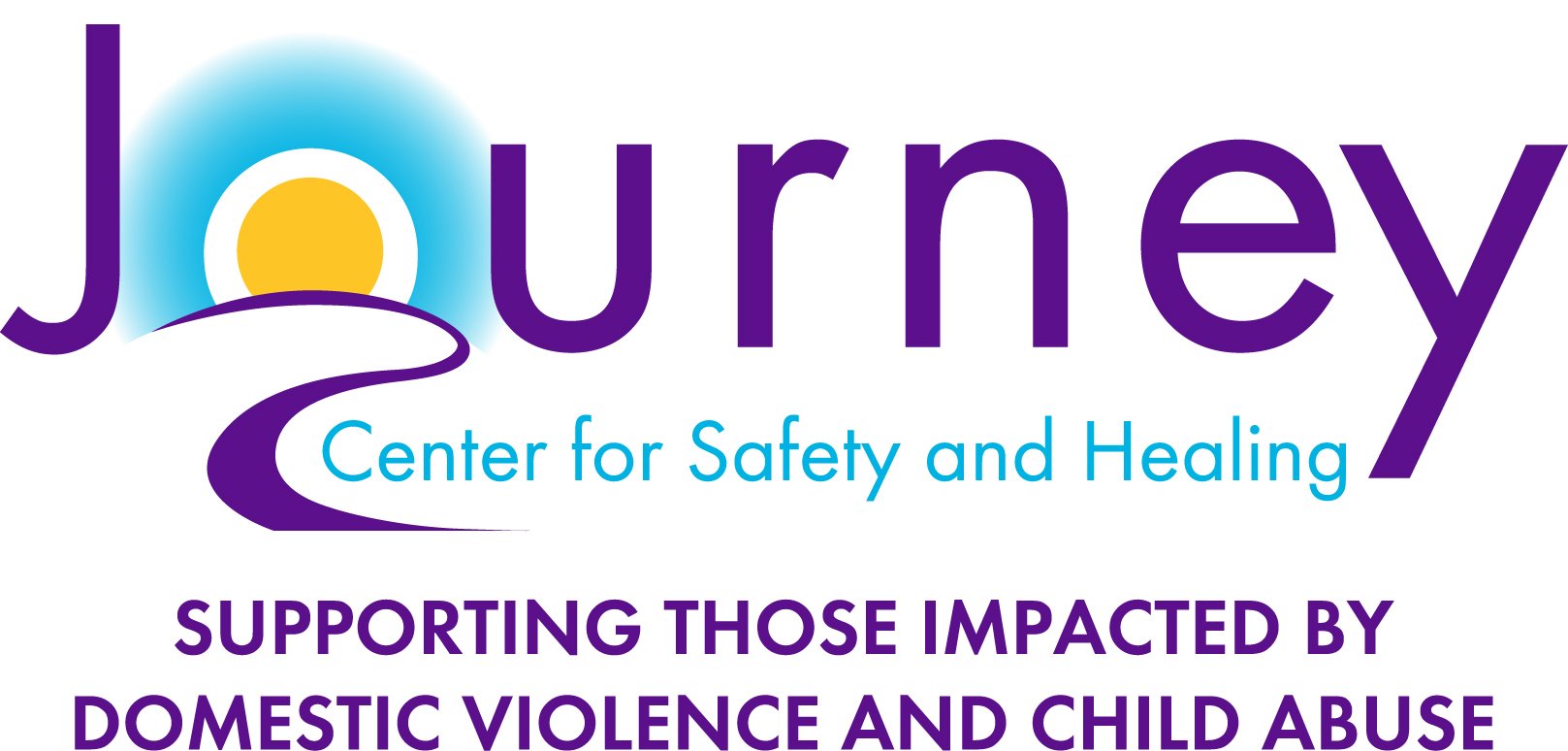What is Self-Care?
The World Health Organization defines self-care as: “the ability of individuals, families, and communities to promote health, prevent disease, maintain health, and to cope with illness and disability with or without the support of a healthcare provider.” According to this definition, self-care includes everything related to staying physically healthy — including hygiene, nutrition, and seeking medical care when needed. It’s all the steps an individual can take to manage stressors in their life and take care of their own health and well-being.
Self-care can be a “scary” concept for many, especially for someone who has been impacted by domestic violence or child abuse. People who have experienced abuse may feel as though they are unworthy of self-care or love; this is not true. Everyone deserves to feel and be cared for, to have hobbies and/or activities that they enjoy, and to take care of themselves in the way that is best for them. Self-care look different for everyone, with different approaches and different styles; it involves a whole person and every aspect of our lives.
Circle connected with the seven types of self-care. “Whole person” approach to self-care.
A whole person approach to self-care:
Psychological: Have friends/family/colleagues who you can meet with and debrief on a regular. Utilize consultation. Talk to a therapist or supervisor to help you process issues raised.
Physical: Good nutrition, regular medical care, ample sleep and appropriate exercise. It is important to choose a few activities that suit your physical condition and temperament.
Social: Understand your social needs and meet your social needs in a way that suits your personality. Not meeting your social needs outside of the workplace will leave you susceptible to meeting your needs at the workplace.
Emotional: Have a few people with whom you can be emotionally honest and feel the safety of mutual support.
Creativity: Find a regular out for creativity that is completely separate from the creativity required when working with clients. Thinking outside the box in one area will enhance your creativity in the professional area, and investing energy into this kind of activity is thought to help rejuvenate you.
Intellectual: Make some time to try or learn something new.
Spiritual: Nurture this aspect of yourself through whatever discipline that is appropriate, whether it is observation of an established religion or spending adequate time for reflection, meditation, and quiet separateness from the busyness of life.
When getting started with self-care take small, intentional steps. Do not try to do everything at once: go for a walk at lunch, read a book for 20 minutes, play your favorite music (and dance!) while you get ready in the morning, reach out to a loved person and say, “hi”, eat an apple! As you build smaller habits you’ll be able to read for longer, take longer walks, or add new and different hobbies and practices. Remember, self-care is a vital part of everyone’s life. Whether you’re helping someone through abuse or if you’re someone who has or is an unhealthy or abusive relationship- you deserve things that make you happy!
We are always here for you when you need to talk. Call or text our 24-Hour Helpline: 216.391.4357 (HELP) or live chat.

